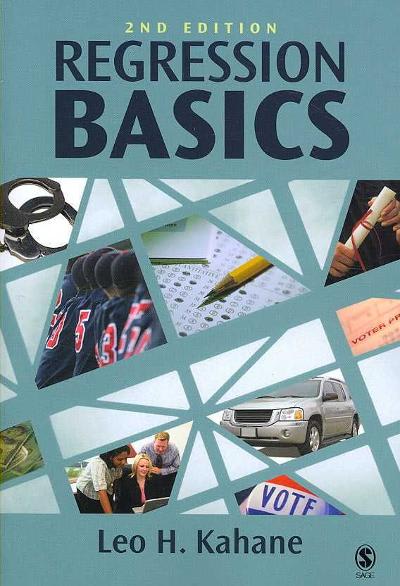Question
RQ: How do students from wealthier families compare to those from low-income take effect their academic performance, test scores, and outcomes? -Use only this reference
RQ: How do students from wealthier families compare to those from low-income take effect their academic performance, test scores, and outcomes?
-Use only this reference below to answer the questions
Duncan, G. J., & Murnane, R. J. (2011). Rising inequality in family incomes and children's educational outcomes. In D. R. Harris & G. J. Duncan (Eds.), Toward inequality: A new perspective for policy (pp. 91-116). Russell Sage Foundation.
1. Identify a relevant peer-reviewed journal article and summarise their sampling plan appropriately- Rarely do articleseven those published in reputable journalsexplicitly describe their sampling approach in detail. Hints/traces of researchers' sampling approach may be found throughout various sections of their article. For instance, they may hint at their population of interest in the Introduction and draw certain conclusions in the Discussion and Conclusion sections. Some description of the sample may be found in the Methods section (specifically, under the header "Participants"), and they may mention how the participants were recruited (e.g. convenience or otherwise). However, you will likely have to induce/infer their sampling approach. Report their: a) population of interest; b) sampling frame (if any); c) sample characteristics; sampling type 2. What is the population of interest for your OWN study? In other words, to whom would you like to generalise the results of your study? Remember that your RQ often asks questions at the level of the population, so the very goal is to generalise. 3. What is the sampling frame for your study? Reminder: Your sampling frame is the group of people you will actually recruit from. This is not always the same as your population of interest. Be sure to clearly describe why the sampling frame limited your recruitment from the population of interest
4. What specific type of sampling do you plan to use? What specific type of sampling do you plan to use (simple random sampling, stratified random sampling, cluster sampling, haphazard [convenience] sampling, purposive sampling, quota sampling, or another approach we haven't discussed in class)? Justify your choice. Consider that your sample will be drawn from your sampling frame, NOT your population 5. Explain, how you will actually/practically recruit your sample using the type of sampling identified above
Step by Step Solution
There are 3 Steps involved in it
Step: 1

Get Instant Access to Expert-Tailored Solutions
See step-by-step solutions with expert insights and AI powered tools for academic success
Step: 2

Step: 3

Ace Your Homework with AI
Get the answers you need in no time with our AI-driven, step-by-step assistance
Get Started


